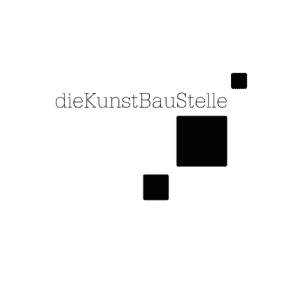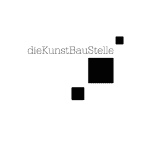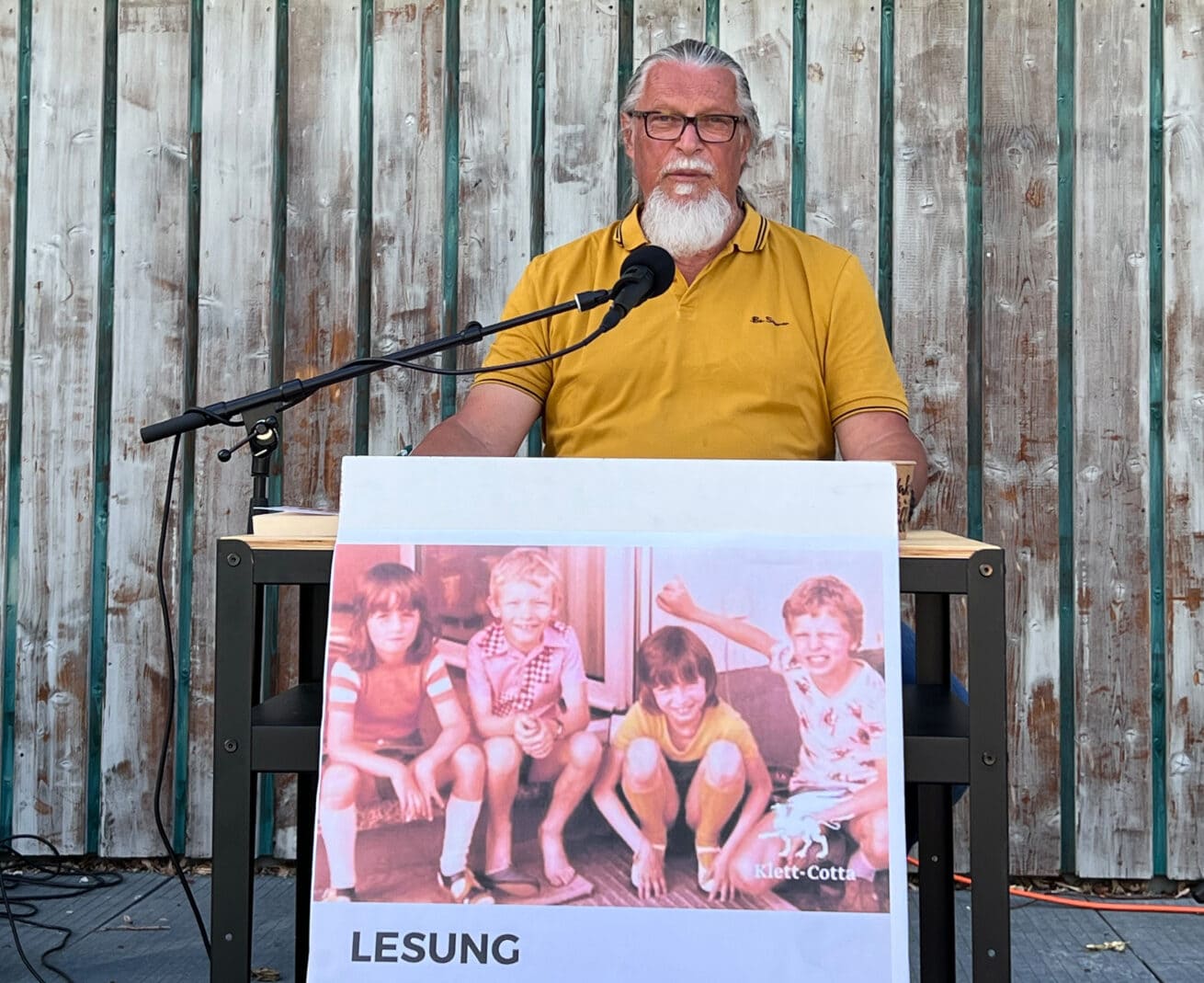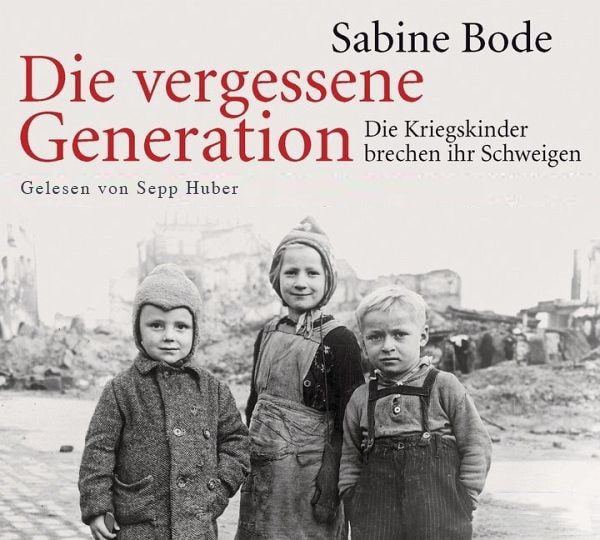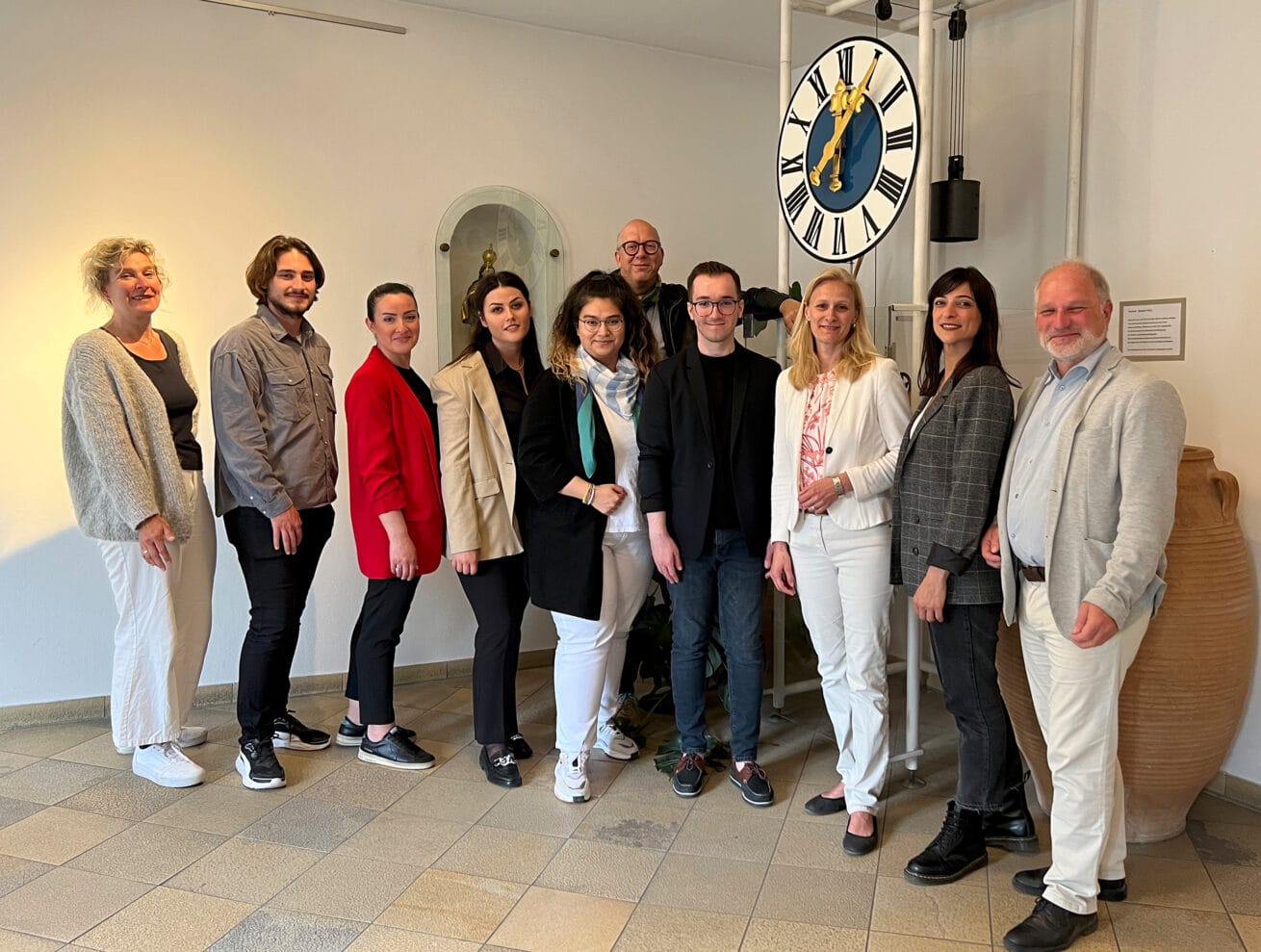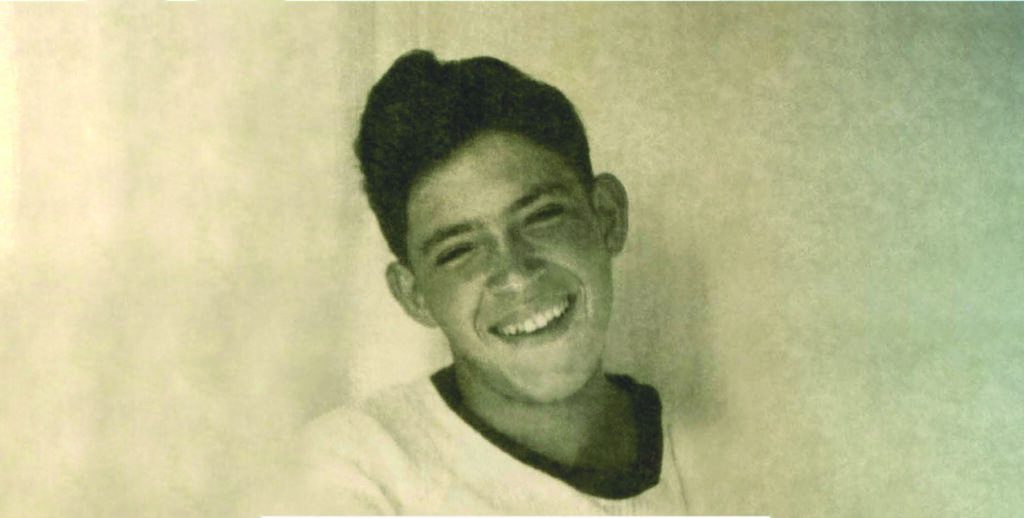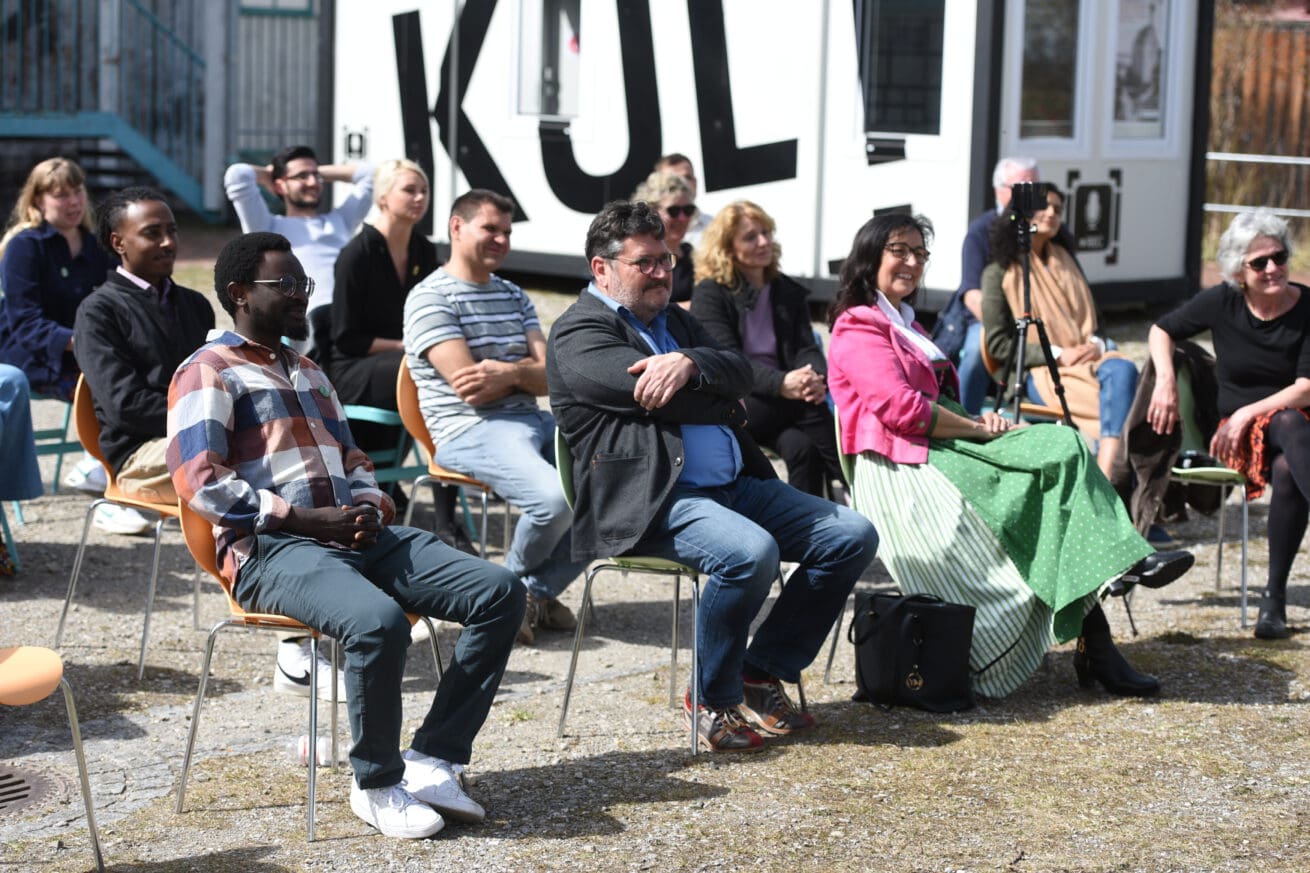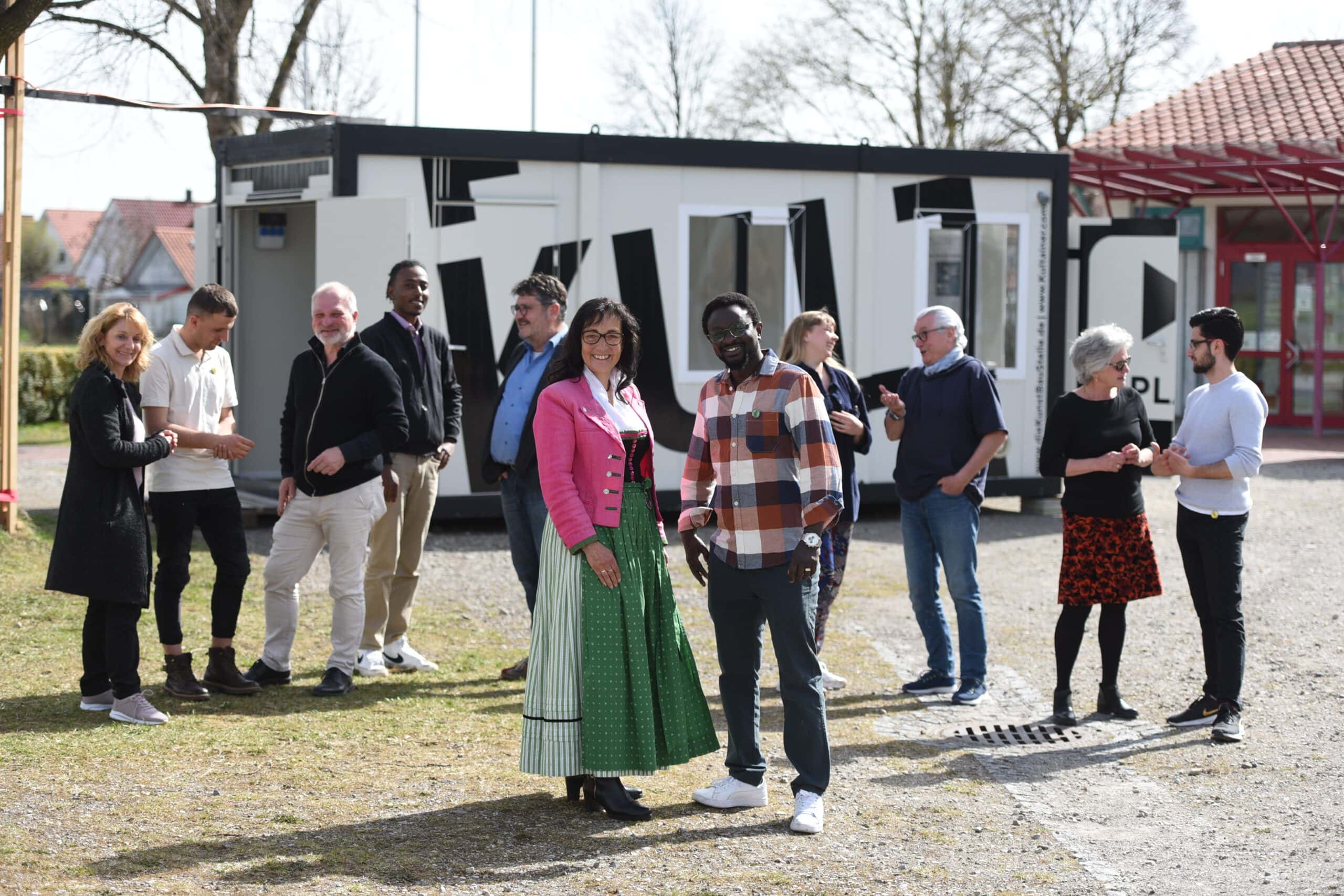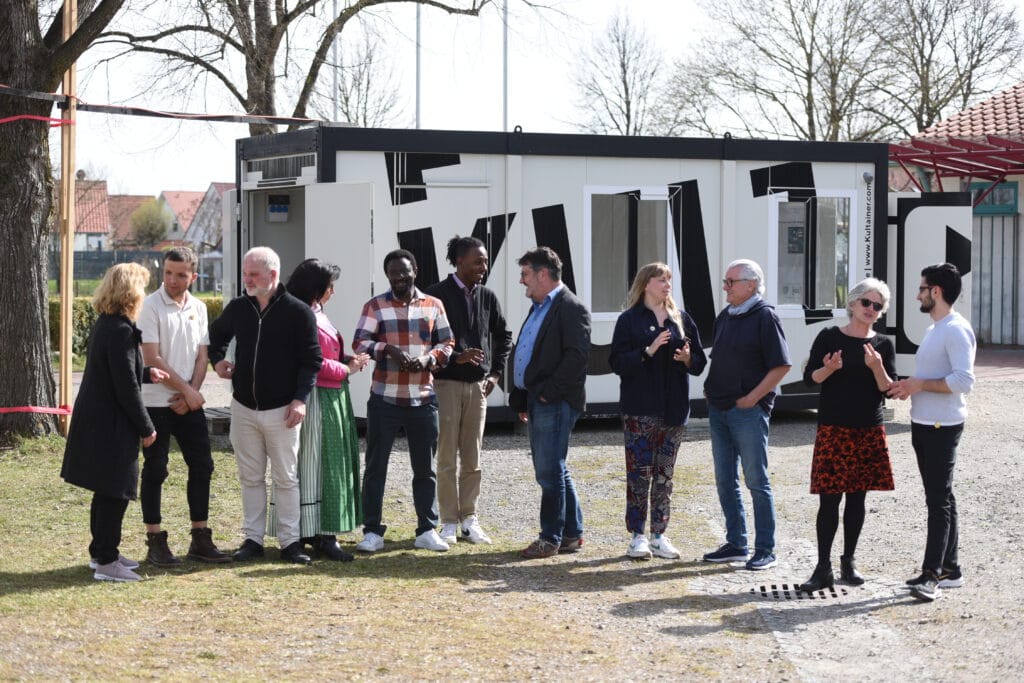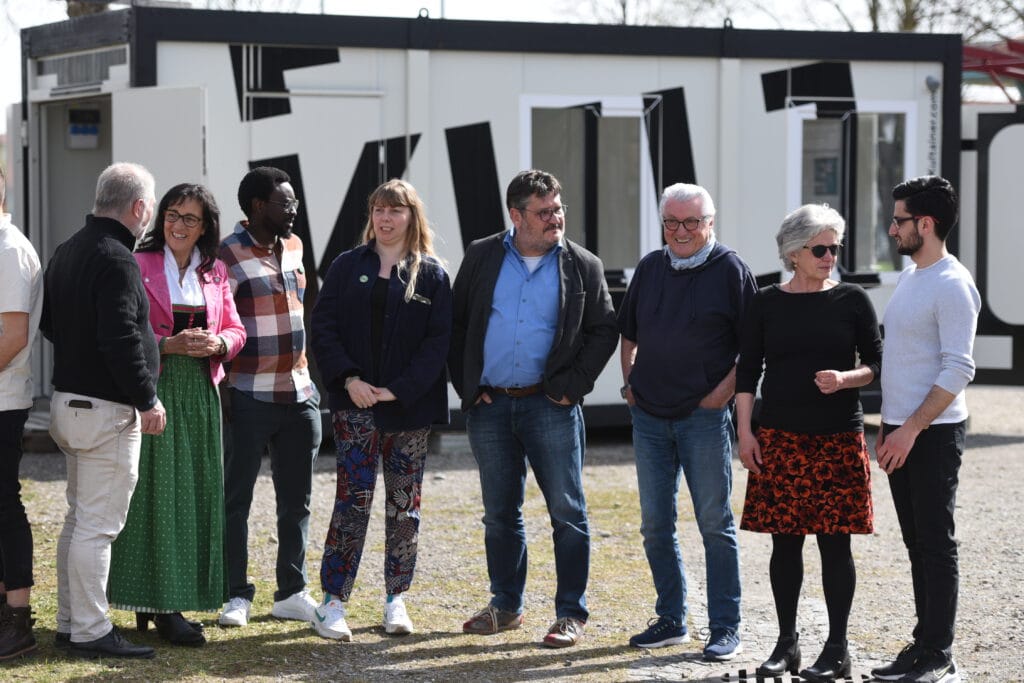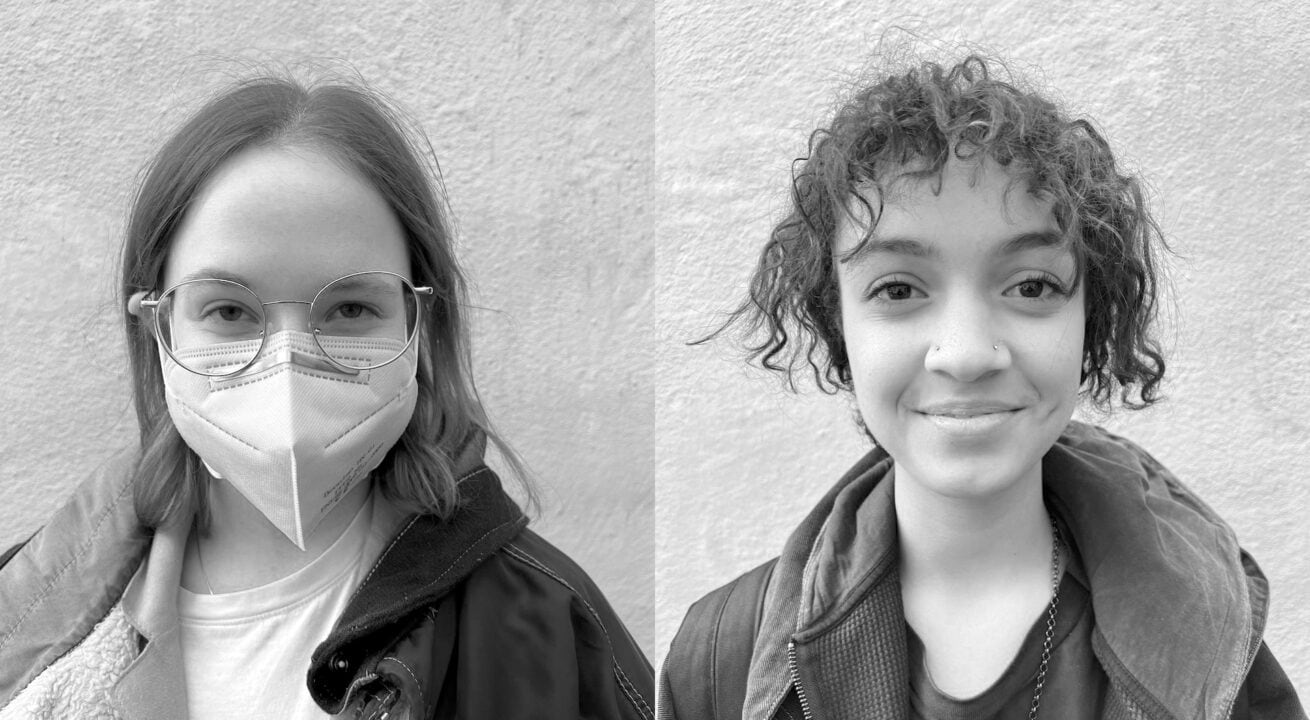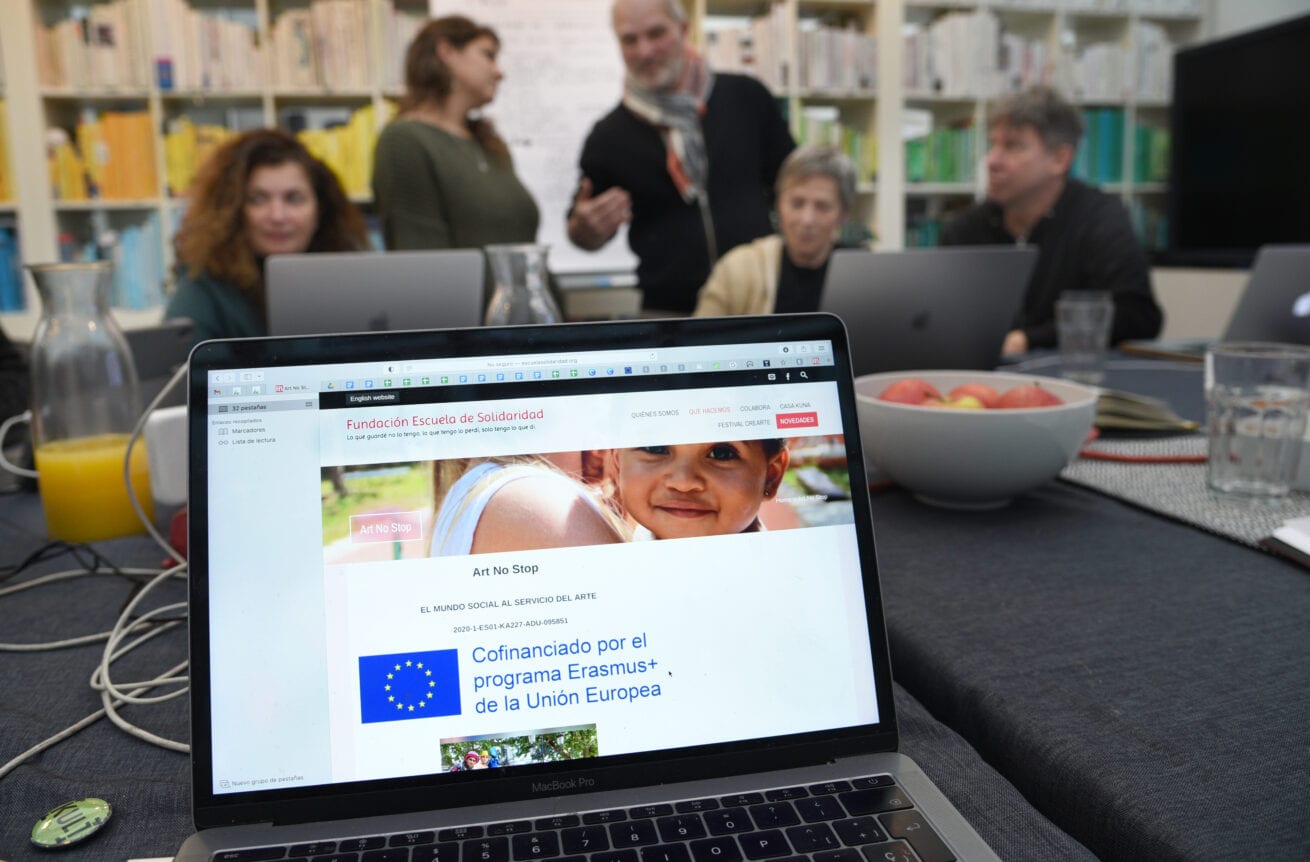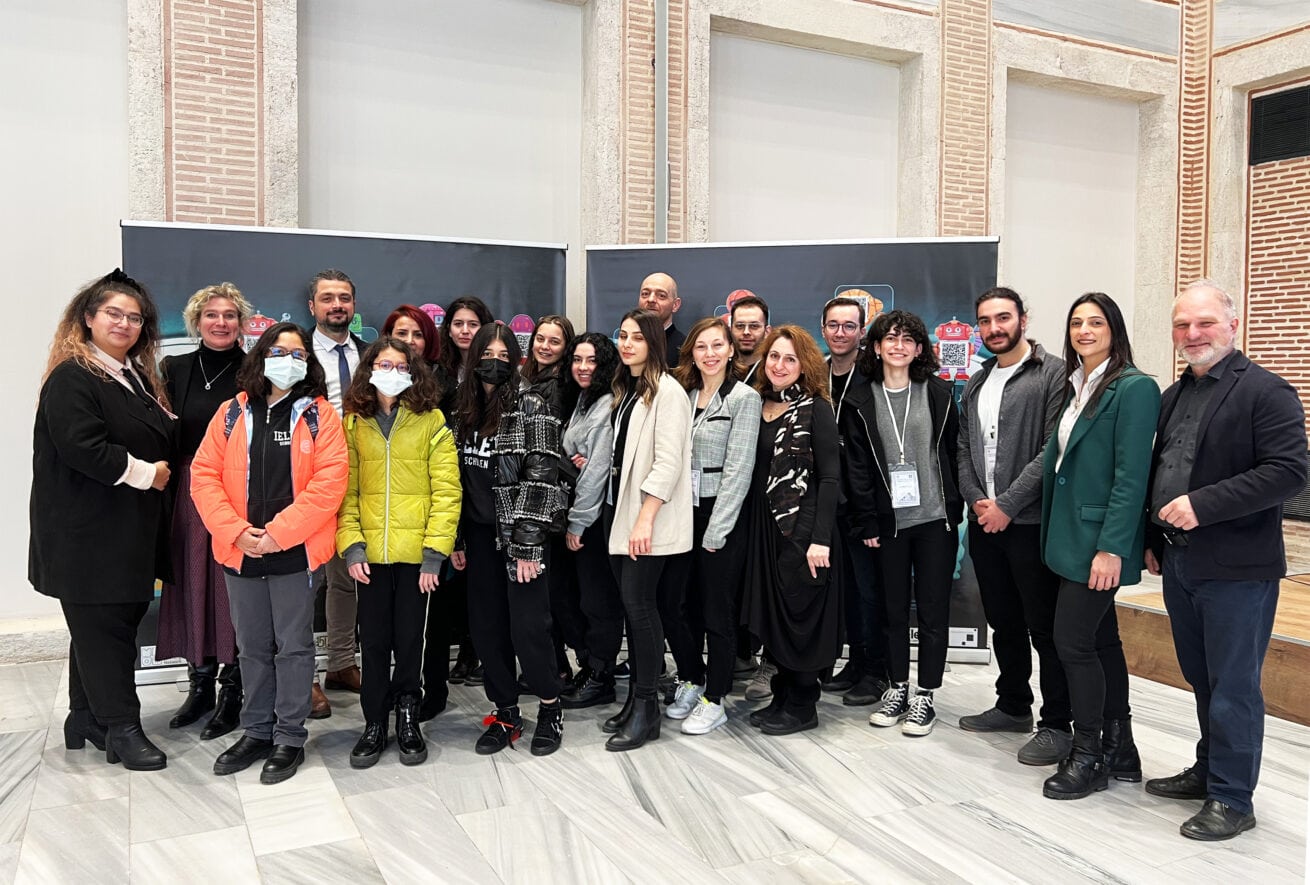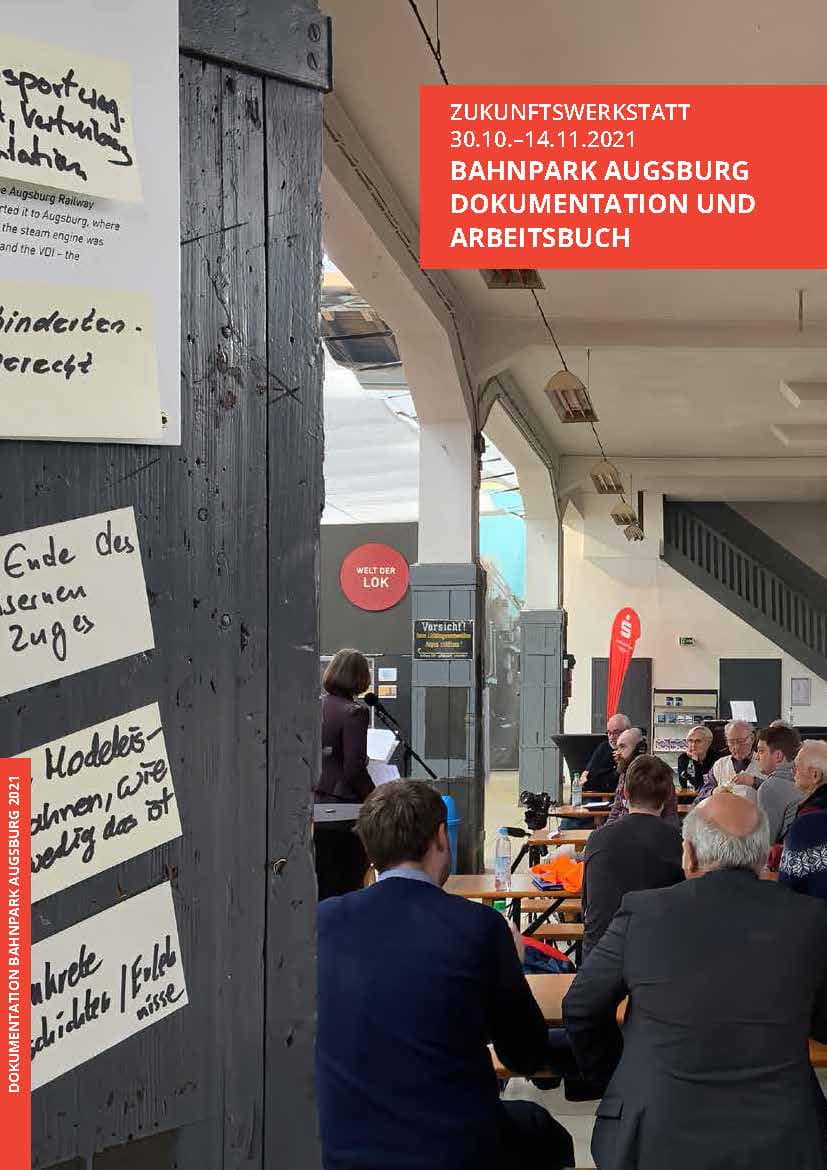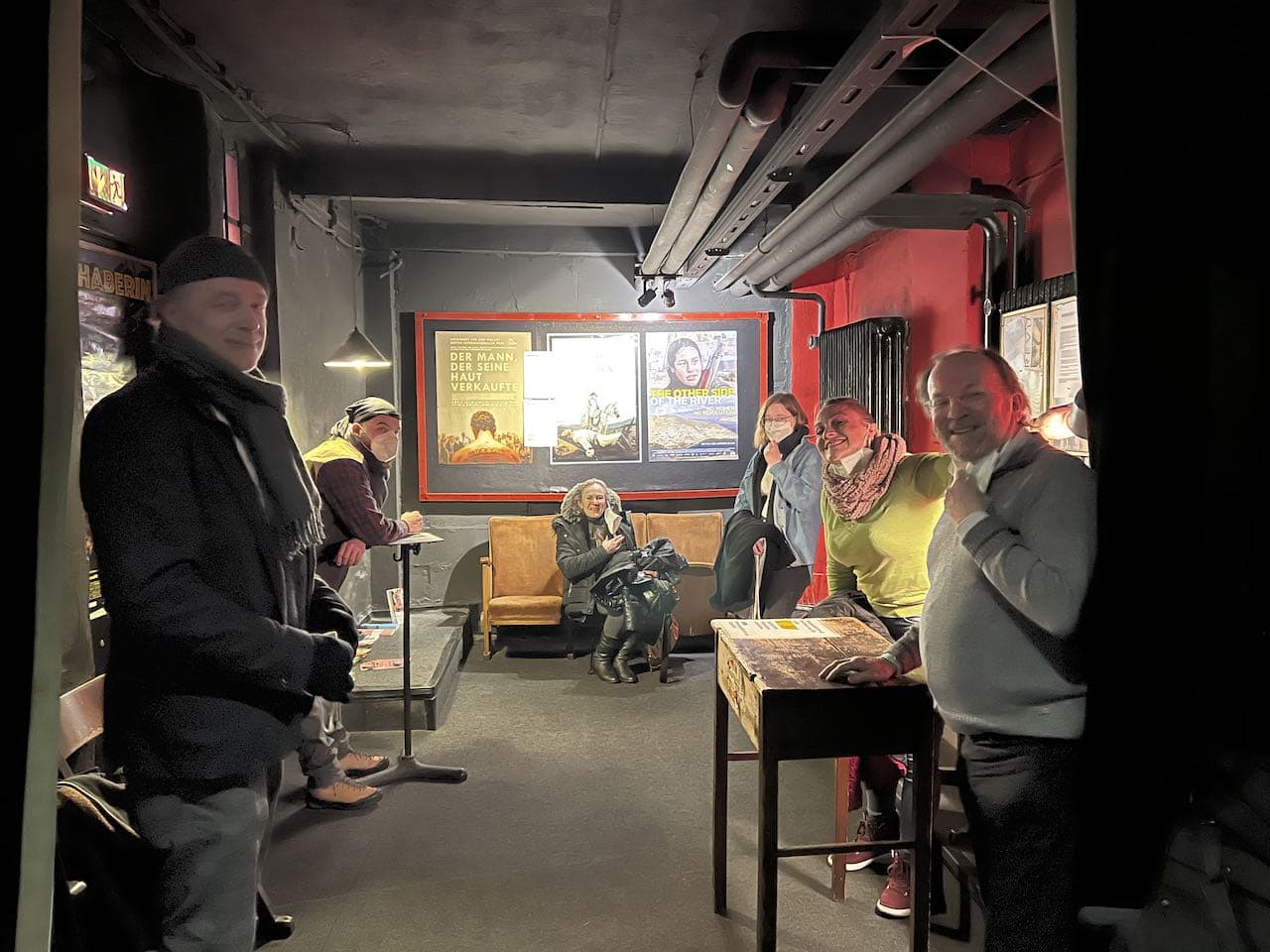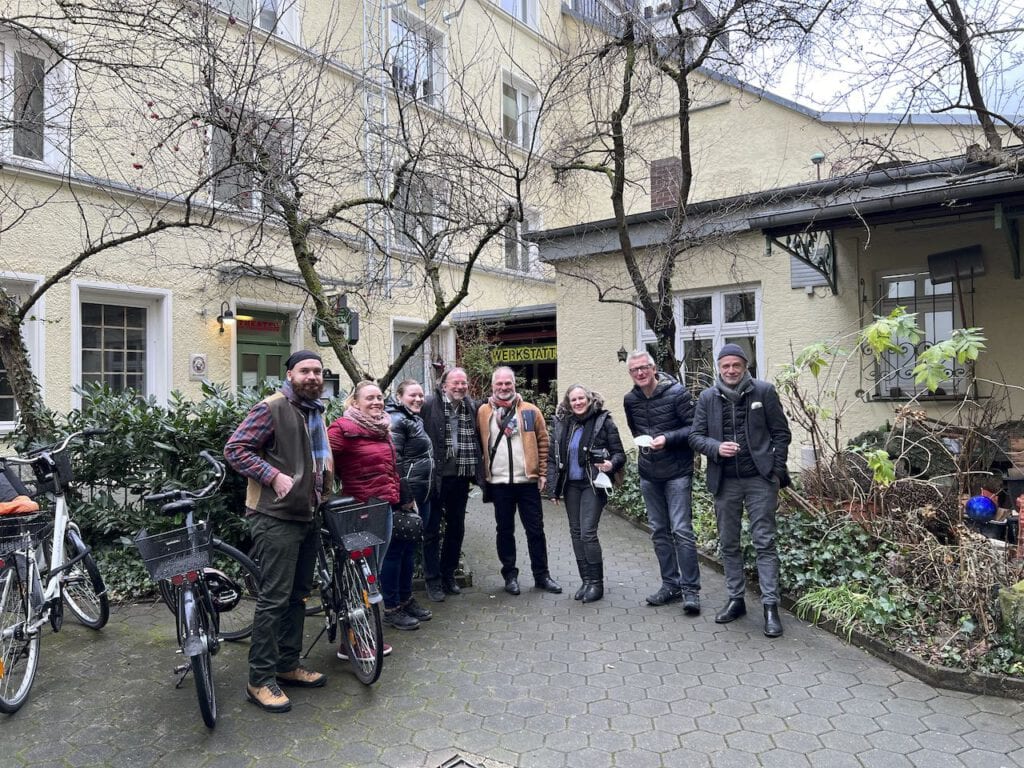Die HistoryApp – nun auch in Istanbul
Landsberg/Dießen/Istanbul, 22. Mai 2022.
Innovativ, integrativ und interaktiv: Der Kulturverein „dieKunstBauStelle“ realisiert seit 2021 ein interdisziplinäres Medien- und Geschichtsprojekt. Eine digitale und ortsbasierte HistoryApp für einen multimedialen Zugang zur Geschichte. Die regionale Arbeit an der Plattform hat mit acht Gemeinden im Landkreis Landsberg 2021 begonnen. Nun folgen die internationale Kooperationen mit Universitäten. An erste Stelle steht die älteste und größte Universität der Türkei, die Istanbul Universität mit 60.000 Studenten, die 1453 gegründet wurde. Nun kam eine Delegation nach Landsberg zu einer Fortbildung.
Der Kooperationsvertrag mit der Istanbuler Universität und dem Verein dieKunstBauStelle wurde 2021 geschlossen. „Es bedeutet eine besondere Anerkennung und erfordert ein großes Vertrauen, um mit einer führende Institution im Bildungsbereich der Türkei zusammenarbeiten zu können,“ erläutert Ensa Filazi, von der Fakultät für Literatur der Universität. An erster Stelle steht die Zusammenarbeit mit der Abteilung Translationswissenschaft. Dort beschäftigen sich die Studenten mit der Übertragung zwischen der deutschen und türkischen Kultur, was weit mehr als nur „übersetzen“ bedeutet. „Seit 2021 arbeiten wir mit digitalen Konferenzen, bei denen Themen und Methoden vermittelt wurden“, so Wolfgang Hauck, der Projektleiter. Zusammen mit Dr. Ensa Filazi und Dr. Neslihan Demez haben sie ein umfangreiches Studienprogramm entwickelt. Dabei wurden wissenschaftliches Arbeiten und die Methode des biografischen Ansatzes praxisnah umgesetzt. Daraus ist das Projekt der „IstanbulHistoryApp“ entstanden. Mit Förderung der Deutsch-Türkischen Jugendbrücke konnte nun der Jugend- und Fachkräfteaustausch finanziert werden.
Der erste Empfang fand in Dießen am Ammersee statt. Dort begrüßte Bürgermeisterin Sandra Perzul die Delegation und erläuterte die Bedeutung für die Zielgruppen der „DiessenHistoryApp“. Dießen ist Vorreiter mit der HistoryApp und die ersten Beiträge liegen als türkische Übersetzung vor. Michael Lutzeier, Kulturreferent, der die Konzeption und Redaktion in Diessen leitet, ließ es sich nicht nehmen, die Beiträge zur Gastwirtschaft „Unterbräu“ und der Plastik des „Dietz“ mit persönlichen Anmerkungen vor Ort vorzustellen.
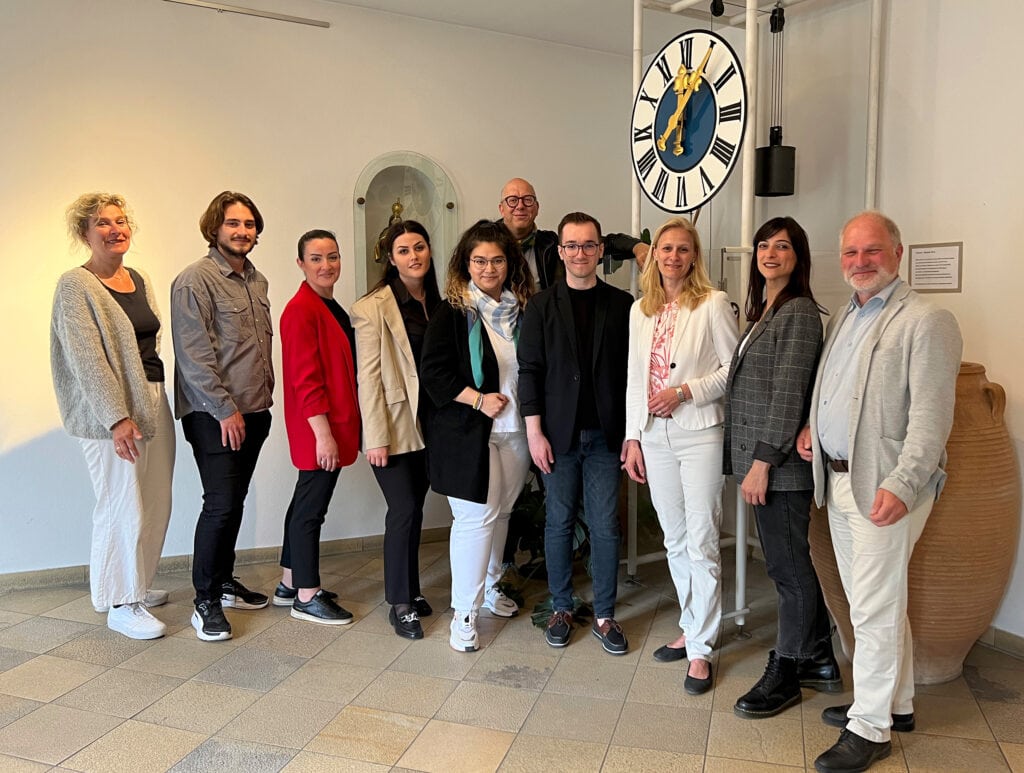
Bild 1 2022 Foto 1 Petra Freund, Dießen:
BU: v.l.n.r.: Dießen am Ammersee: Anke Neudel, Adil Mert Zümrüt, Dr. Neslihan Demez, Sirin Yavuzyigit, Ceren Özge Tastan, Michael Lutzeier, Alper Akbay, Sandra Perzul, Dr. Ensa Filazi, Wolfgang Hauck
Universität Augsburg
Der zweite Besuch führte an die Universität in Augsburg. Dr. Ergün Özsoy, Historiker und Lektor für türkische Sprache, erläuterte die lokale Geschichte, und wie die erste Tulpe in Augsburg mit dem osmanischen Reich verbunden ist. Eine Tulpenzwiebel kam als Geschenk eines flämischen Botschafters nach Augsburg und markiert den Anfang einer langen Geschichte. Ein Beispiel von vielen der gemeinsamen Vergangenheit. Nun sollen Möglichkeiten für den deutsch-türkischen Austausch aufgebaut werden.
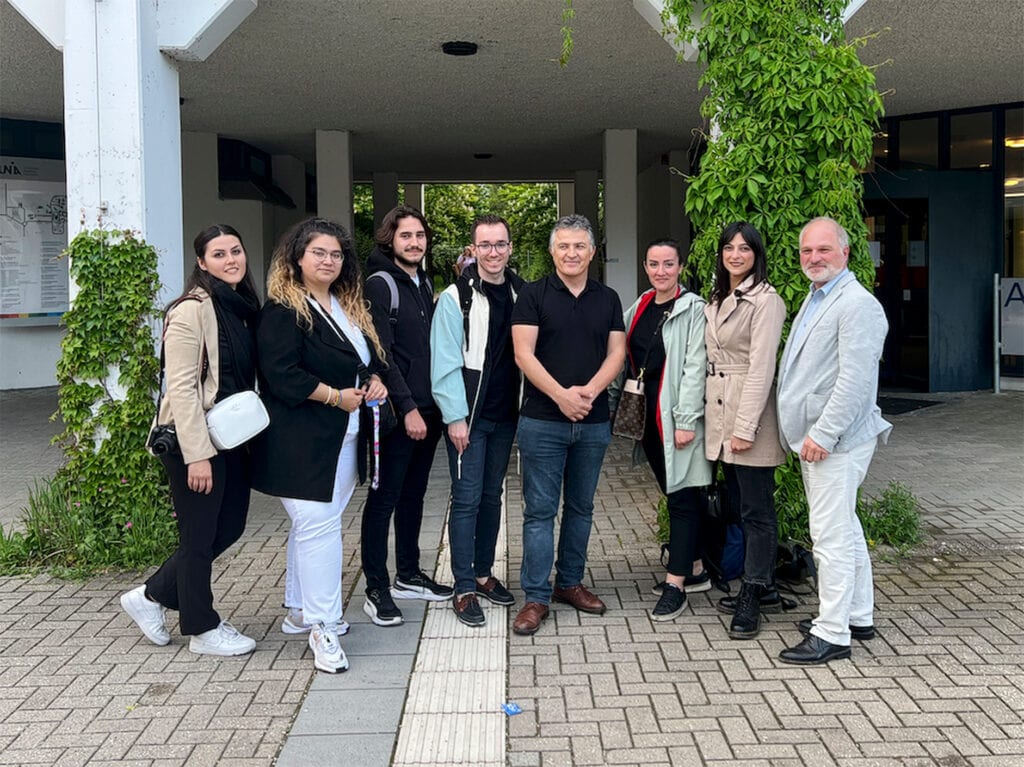
Bild 2 2022 Foto 2 dieKunstBauStelle, Universität Augsburg:
BU: v.l.n.r.: Sirin Yavuzyigit, Ceren Özge Tastan, Adil Mert Zümrüt, Alper Akbay, Dr. Ergün Özsoy, Dr. Neslihan Demez, Dr. Ensa Filazi, Wolfgang Hauck
„Im Hintergrund des Projekts entstehen noch weitere akademische Kooperationen“, so Hauck, Vorsitzender des Landsberger Vereins dieKunstBauStelle. Jonas Echterbruch aus Landsberg, erarbeitet derzeit einen Audio-Walk in Landsberg zur neueren Zeitgeschichte, die er als Zulassungsarbeit einreichen und in der LandsbergHistoryApp veröffentlich wird. Der Elitestudiengang Osteuropa an der LMU, entwickelt einen Audio-Walk zu einem Thema der Nachkriegszeit in München.
Bei dem interdisziplinären Treffen in Landsberg ging es nicht nur um Themen. Die Teilnehmer diskutierten wissenschaftliche Methodik und Theorie der didaktischen Wissensvermittlung. Die Historikerin Dr. Edith Raim berichtete zum aktuellen Stand der Theorie und sieht weitere Kooperationsprojekte zur HistoryApp. Manfred Deiler, Präsident der Europäische Holocaustgedenkstätte Stiftung, konnte den Studenten und Studentinnen zur Arbeit an einem Gedenkort mit der Praxis von Recherchen und Archivarbeit berichten und führte die Delegation durch das ehemalige KZ-Aussenlager IIV. Eine Überraschung präsentierte Helga Deiler. Sie fand bei Recherchen Daten von fünf türkischstämmigen jüdischen Häftlingen in den Transportlisten.
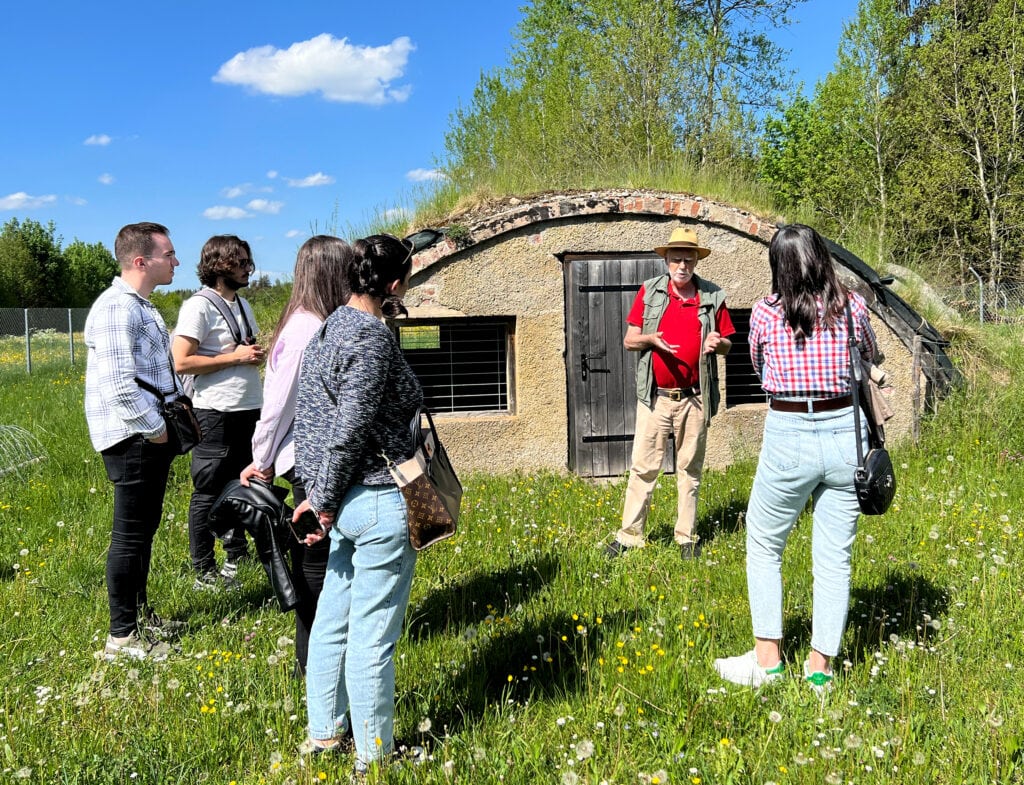
Bild 3: 2022 Foto 3 Foto Wolfgang Hauck – Landsberg/ Erpfting
BU: v.l.n.r.: Führung im ehemaligen KZ-Aussenlager IIV mit Manfred Deiler
Alper Akbay, Absolvent des Studiengangs, wirkte von Beginn an im Workshops in der Türkei mit. Er möchte weiter an der HistoryApp mitarbeiten. Wie viele andere des Studiengangs ist er in Deutschland geboren und zweisprachig aufgewachsen. Die beste Voraussetzung für dieses Studium. „Für mich ist dieses Format der HistoryApp ein Türöffner für „Public History“. Damit werden kulturelle Perspektiven ebenso wie geschichtliche Perspektiven niederschwellig zugänglich.“
„Die App werde damit zu einem Erkundungs- und Navigationswerkzeug auf einer quellenbasierten Grundlage, die uns viele didaktische Möglichkeiten in den Studienfächern öffne,“, ergänzt Ensa Filazi, wissenschaftliche Leitung der Abteilung. Damit wird Geschichte an Orten direkt vor Ort erlebbar.
„Wir haben in Deutschland nun erfahren, wie sich die Erinnerungsarbeit an den Gedenkorten als authentische Orte wandelt. Die neuen Medien verbinden partizipative Vermittlungsformate und fachliche Kompetenzen“, so Neslihan Demez, ebenfalls in der wissenschaftlichen Leitung der Abteilung.
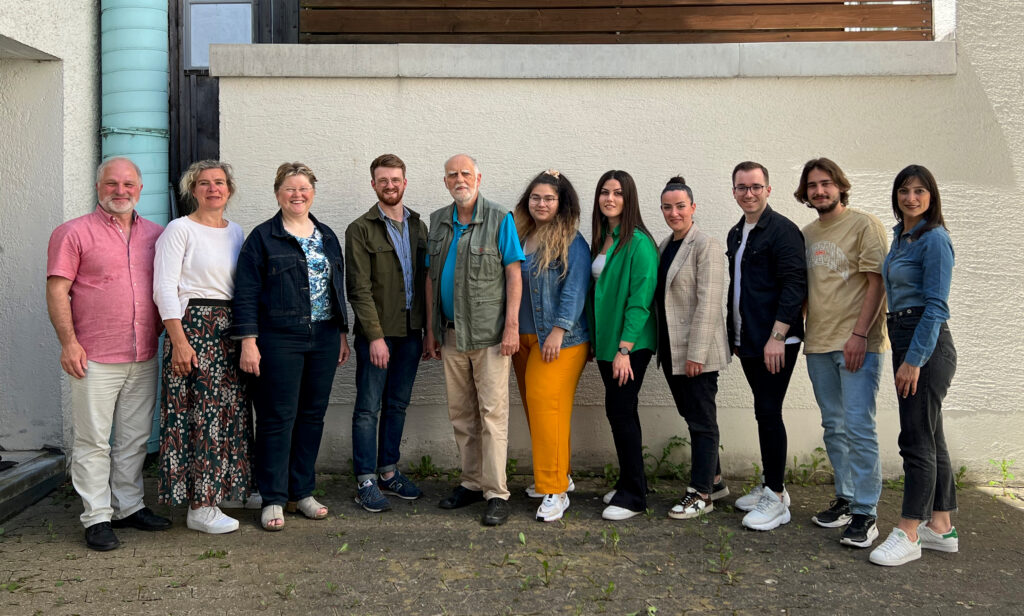
Bild 4: 2022 Foto 3 Foto Barbara Helleis – Landsberg
BU: v.l.n.r.: Landsberg: Wolfgang Hauck, Anke Neudel, Dr. Edith Raim, Jonas Echterbruch, Manfred Deiler, Ceren Özge Tastan, Sirin Yavuzyigit, Dr. Neslihan Demez, Alper Akbay, Adil Mert Zümrüt, Dr. Ensa Filazi,
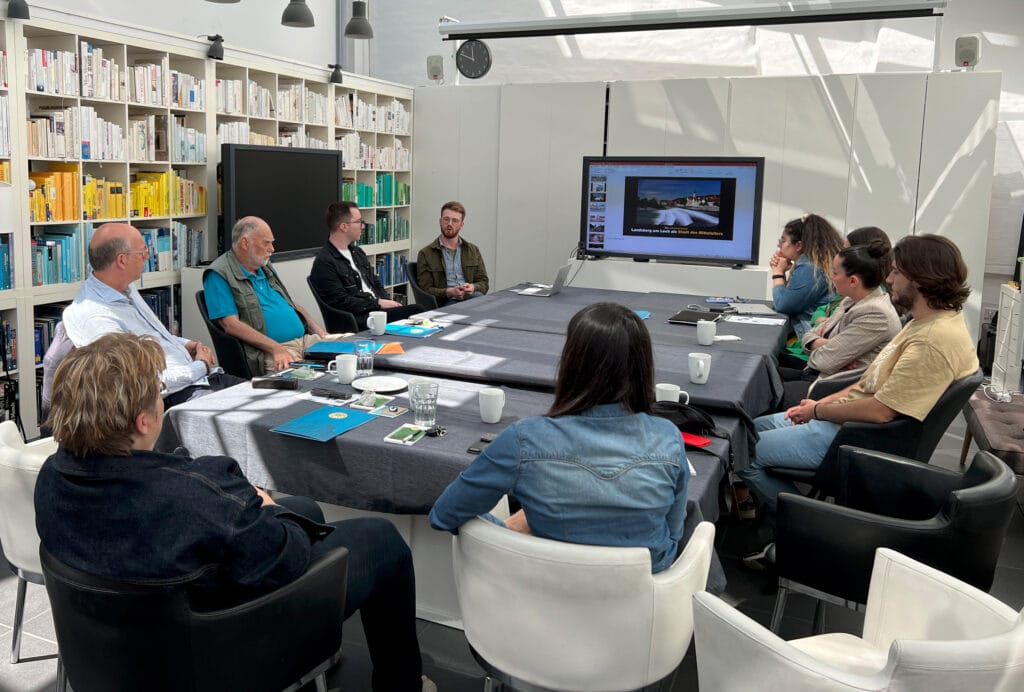
Bild 5: 2022 Foto 4 Foto Wolfgang Hauck – Landsberg
BU: Arbeitssitzung zur „PeraHistoryApp“ und „LandsbergHistoryApp“ in der Medienwerkstatt von Wolfgang Hauck
Nun werden weitere Fakultäten, wie die Geisteswissenschaft und Abteilungen für Englisch, Französisch, Persisch und Arabisch der Universität eingebunden. Deswegen können nun persische und arabische Quellen erschlossen werden. Dieser interdisziplinäre Auftakt ist ein weitere Baustein für das Projekt der HistoryApp und soll die mehrsprachige Version qualifizieren und ausbauen.
Zitate der Teilnehmer und Teilnehmerinnen
„Die komplexe Geschichte Landsbergs kennenzulernen und die Eröffnung der Kreiskulturtage war ein unvergessliches Erlebnis. Ich schätze mich sehr glücklich, an einem Workshop mit diesem wunderbaren Team an einem Ort wie Landsberg teilgenommen zu haben.“
Adil Mert, Student

„Es war mein erster Besuch in Deutschland. Seit meiner Kindheit habe ich nur ein Bild von Deutschland vor meinen Augen. Landsberg hat diesem wunderschönen und großartigen Bild von Deutschland entsprochen. Es war für mich wie ein Spaziergang durch ein Märchen. Die Fortbildung war so effizient und lehrreich. Als Forscher*innen hatten wir die Gelegenheit gemeinsam zu diskutieren, wie wir unsere Arbeit und Recherche noch intensiver in die HistoryApp integrieren können. Für ich war ein wichtiger Aspekt, wie wir unsere Forschung optimieren können, um unsere Arbeitsergebnisse nutzerfreundlich und quellenbasiert vermitteln zu können.“
Ceren Özge Tastan, Studentin und wissenschaftliche Mitarbeiterin
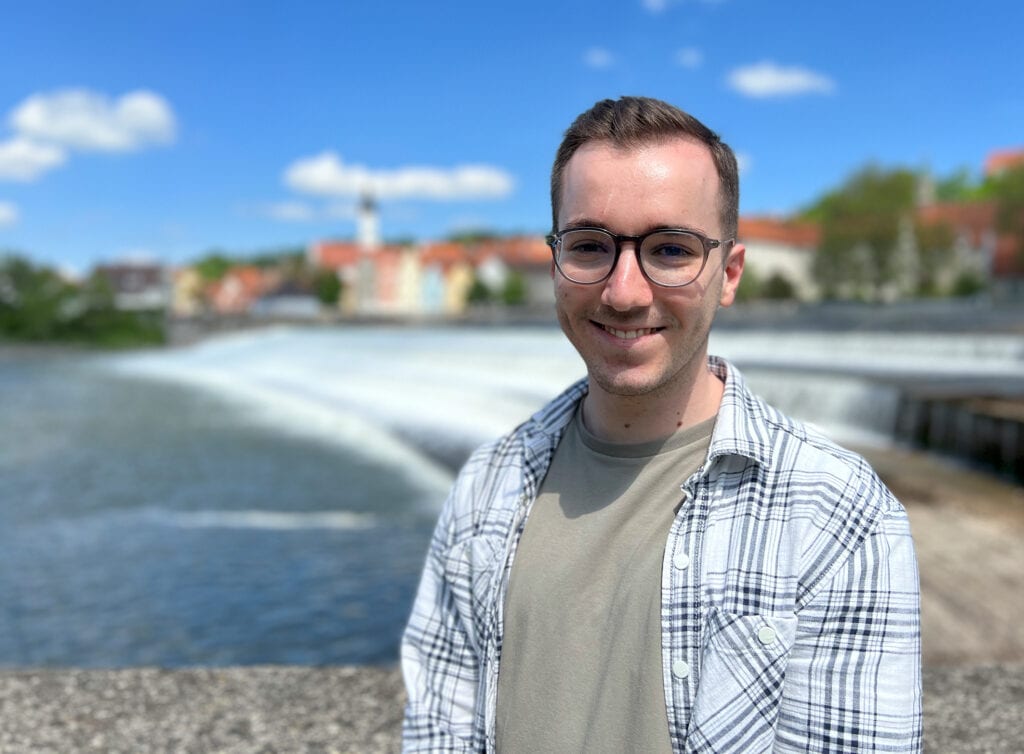
„Landsberg am Lech hat mich sowohl aus kultureller Perspektive als auch aus geschichtlicher Perspektive sehr begeistert. Ich hatte die Gelegenheit großartige Menschen kennenzulernen und mich mit Ihnen auszutauschen. Ich nahm aus dem Workshop und den unterschiedlichen Ausflügen nicht nur interessante, sondern unerwartete Informationen mit. Das inspiriert und motiviert mich für meine weitere Arbeit an und mit der HistoryApp.“
Alper Akbay, Absolvent des Studiengangs 2021
Universität Istanbul
Die T.C. Istanbul Universität zählt mit über 60.000 Studenten*innen zu den führenden Universitäten der Türkei. An der Fakultät für Literatur werden seit rund 25 Jahren Studierende für den Dolmetsch- und Übersetzungsberuf ausgebildet. Die Abteilung „Dolmetschen und Übersetzen Deutsch“ unternimmt viele Projekte, um Studenten mit Partner für die Anforderungen der Praxis vertraut zu machen. Mit dem Übersetzungsclub „İSÇEV“ erfolgt die Anbindung zum Übersetzermarkt in der Türkei. Dadurch erhalten die Studenten einen Einblick in das Berufsleben der Dolmetscher.
